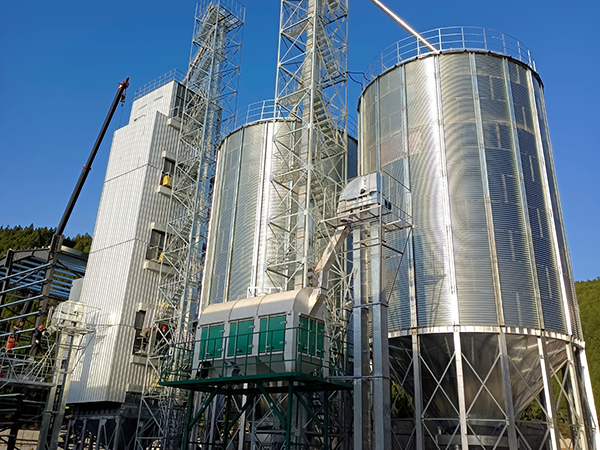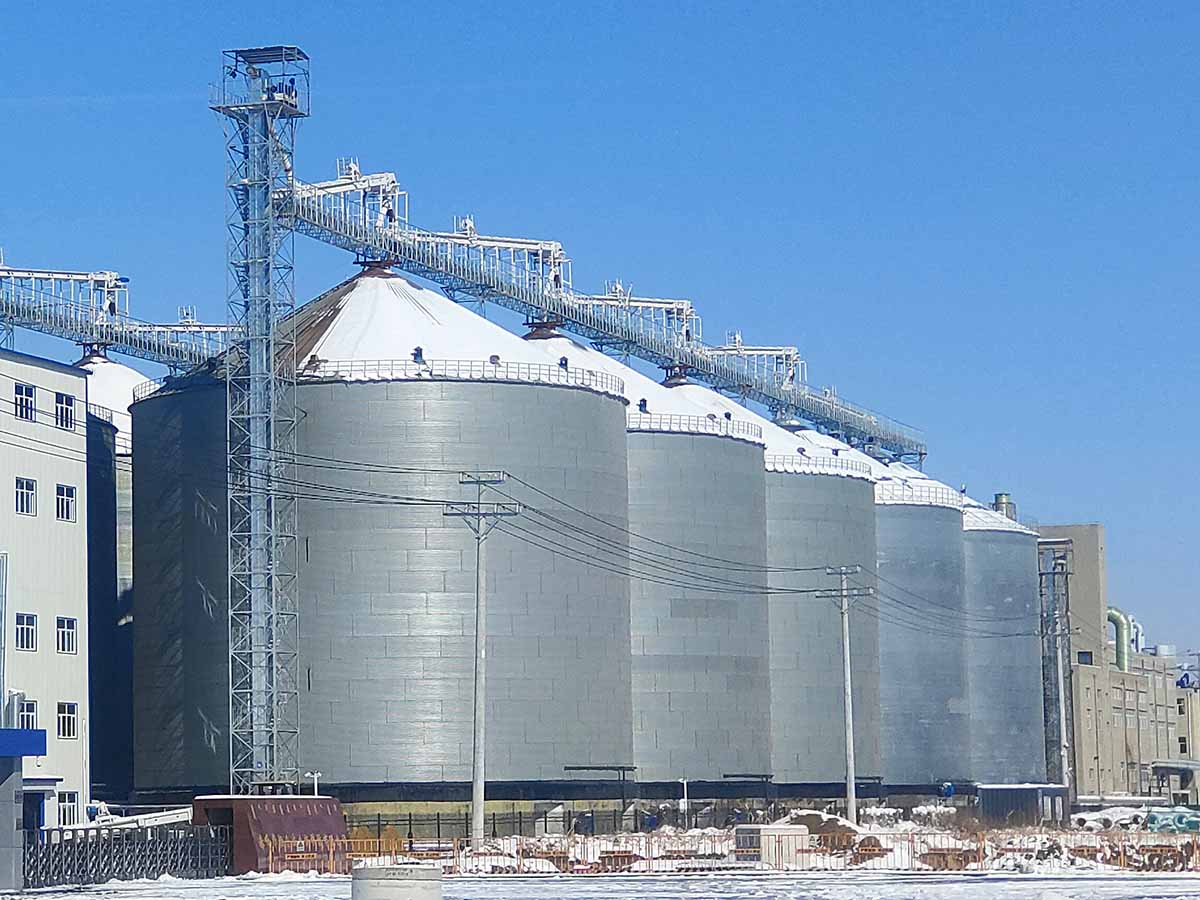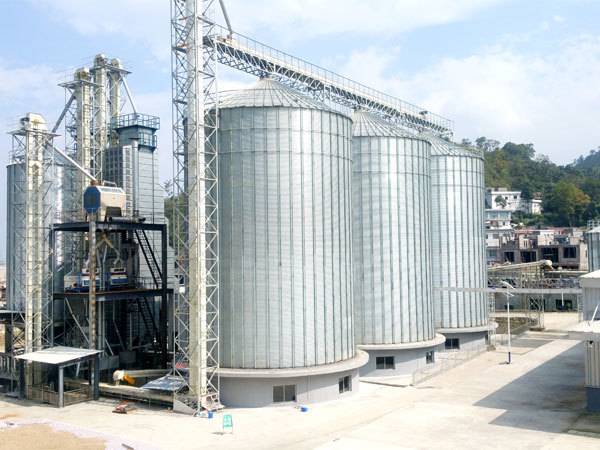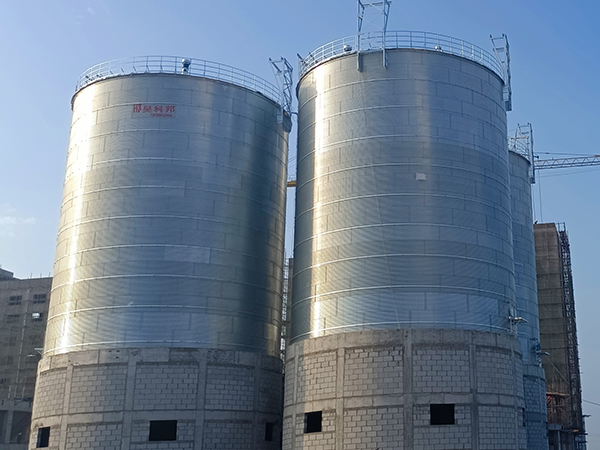Grain Silo Prices and Influencing Factors Analysis
Grain silos, as crucial infrastructure in the agricultural and food processing industries, have prices that directly impact a company’s cost control and return on investment. Grain silo prices are influenced by a variety of factors, including material costs, design complexity, and manufacturer pricing strategies.
- Grain silo Franchise: A New Model of Agricultural Cooperation
- Grain Silo Procurement: Ensuring Agricultural Product Storage Needs
- The Role of Grain Silo Wholesale in Agricultural Supply Chains
- The Vital Role of Grain Silo Manufacturers in Ensuring Food Security
- Grain Silo Factorie: Key to Enhancing Food Security
- The Role of Grain Silo Companie in the Food Supply Chain
- The Importance of Food Security and Grain Silo Supplier
- Grain Silo Sales: Market Strategies and Customer Services
- Grain Silo Prices and Influencing Factors Analysis
- Silo Franchise: Business Opportunities and Market Strategies
Overview of Grain Silo Pricing
Grain silos, as crucial infrastructure in the agricultural and food processing industries, have prices that directly impact a company’s cost control and return on investment. Grain silo prices are influenced by a variety of factors, including material costs, design complexity, and manufacturer pricing strategies.
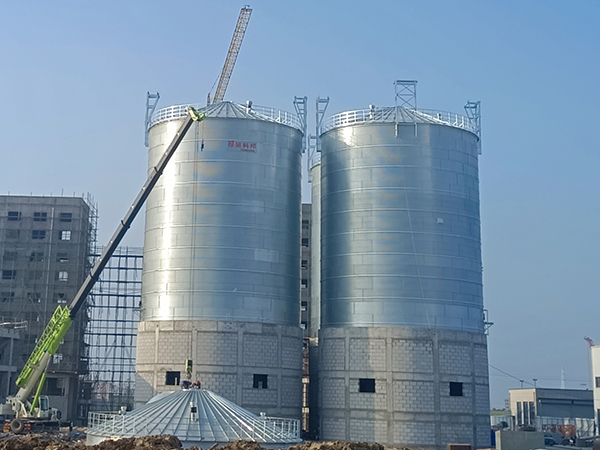
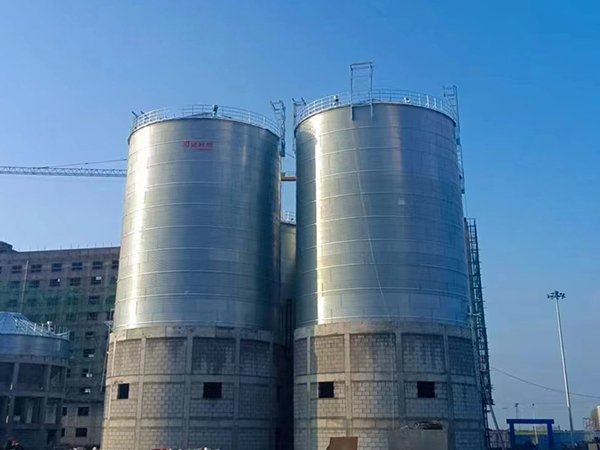
Factors Affecting Grain Silo Prices
Grain silo price are primarily affected by the following factors:
Material Costs
The prices of building materials such as steel and concrete directly relate to the base cost of constructing a grain silo.
Design and Features
Silos with higher levels of automation and larger storage capacities typically require a higher initial investment.
Geographical Location
Regional transportation costs, tax policies, and labor costs also impact the final price of a grain silo.
Market Supply and Demand
The market demand for grain silos and the supply capacity of manufacturers can also influence prices.
Manufacturer Brand
Well-known brands might charge a premium due to their guarantees of quality and service.
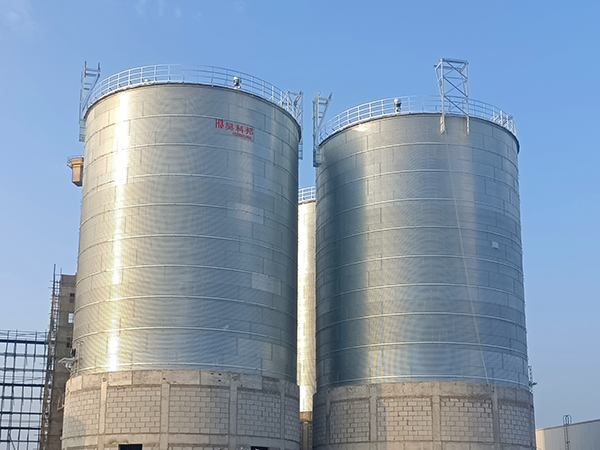
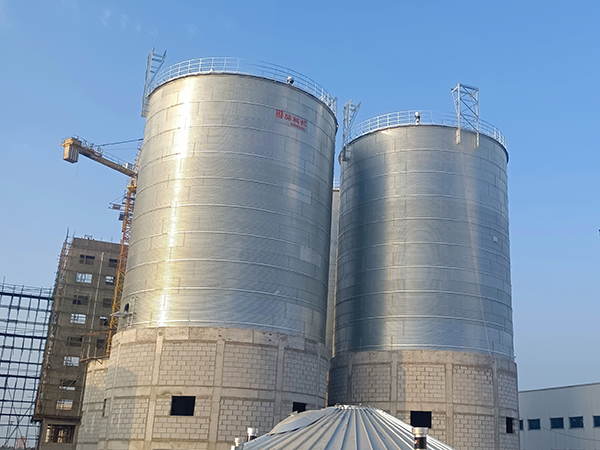
Determinants of Grain Silo Prices
Factors that determine grain silo price include:
Size and Capacity
Larger grain silos may have lower costs per unit area, but the total price is higher.
Technology and Innovation
Grain silos with advanced technology may have a higher initial investment but can be more cost-effective in the long run due to improved operational efficiency.
Customization Needs
Custom-built silos based on specific customer requirements may incur additional design and manufacturing costs.
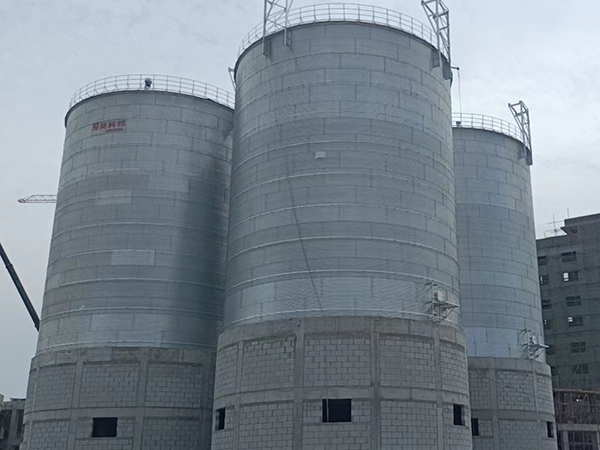
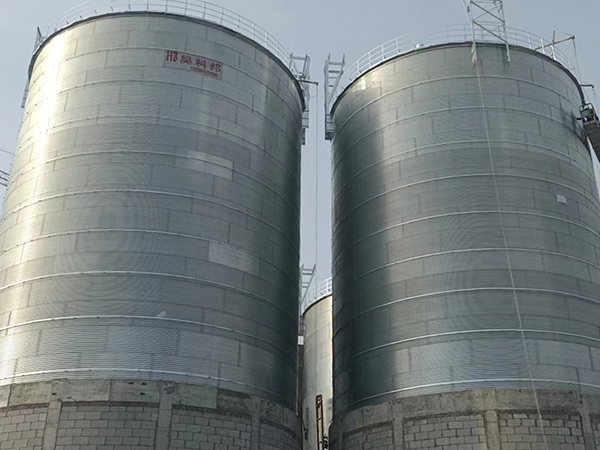
Grain Silo Prices and Market Trends
Grain silo price are closely related to market trends, and companies should consider the following when purchasing:
Price Comparison
Compare the prices of grain silos offered by different manufacturers, as well as the associated quality and services.
Long-Term Operating Costs
Assess the long-term operation and maintenance costs of a grain silo, not just the purchase price.
Market Forecasts
Keep an eye on market dynamics to predict trends in grain silo prices and make purchases when price are low.
Conclusion
Grain silo price are a critical factor that companies must consider in their decision-making process. Companies should take into account price, quality, service, and return on investment, and make decisions that align with their needs and budget through market research and cost analysis.
Future Outlook
As new technologies emerge and the market evolves, grain silo prices may fluctuate. Manufacturers and suppliers need to continuously adapt to market changes by providing more competitive prices through technological innovation and improved production efficiency. At the same time, customer requirements for the performance and efficiency of grain silos are also increasing, which may drive the design and manufacturing of grain silos towards a more advanced direction.


